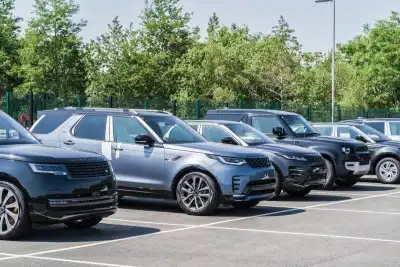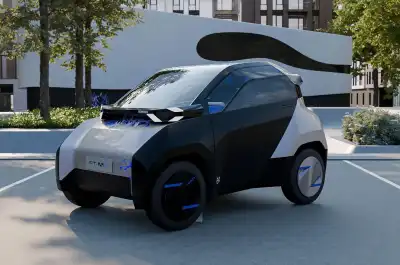
The price difference between battery electric vehicles (BEVs) and petrol or diesel cars (ICEs) in the UK has shrunk dramatically over the last six years, dropping from 51% to 18%, according to a report by Jato Dynamics.
This narrowing gap is due to a mix of falling BEV prices, which are down 11%, and rising ICE car prices, up 14%, during the same period. However, BEVs in the UK are still significantly more expensive than in China, where they’re 122% cheaper on average. This highlights how China’s ability to scale production and maintain lower margins has given its carmakers an edge—something that’s becoming more relevant as Chinese brands aim to expand their presence in the UK market.
As countries shift away from fossil fuels toward renewable energy, China’s dominance in the BEV sector is hard to ignore. Jato’s report, Closing the Gap: The Progress Towards Affordable EVs and the Rising Competition from China, explains how China has positioned itself as a leader in affordable BEVs, now accounting for two-thirds of global EV registrations. In 2024 alone, China saw a 40% year-on-year jump in EV sales, reaching 11 million units, according to Rho Motion.
Even as traditional carmakers work to make BEVs more affordable, the price gap between electric and petrol cars persists. Felipe Munoz, a global analyst at Jato Dynamics, pointed out that this isn’t just because BEVs are getting cheaper. ICE car prices are climbing due to tighter regulations, higher standards, and advanced tech features that drive up costs. Meanwhile, BEVs have benefited from falling battery costs, helping to bring prices down.
Munoz also emphasized China’s growing influence in the global car market. He said, “After all, a Chinese BEV is likely to be more appealing to consumers than a comparable model from a Western automaker, simply due to the enormous price difference.”
Chinese brands like BYD, GWM Ora, Xpeng, and Omoda are already making moves in the UK, with more set to launch this year. But their expansion could face challenges if the UK introduces tariffs on Chinese imports, following the lead of the US and EU. With Europe’s tariffs on Chinese EVs in place, the UK has become a crucial market for these brands to conquer.
Over the next few years, expect to see more affordable BEVs hitting UK showrooms as Chinese carmakers compete for a slice of the market—reshaping the landscape of affordable electric cars in the process.




